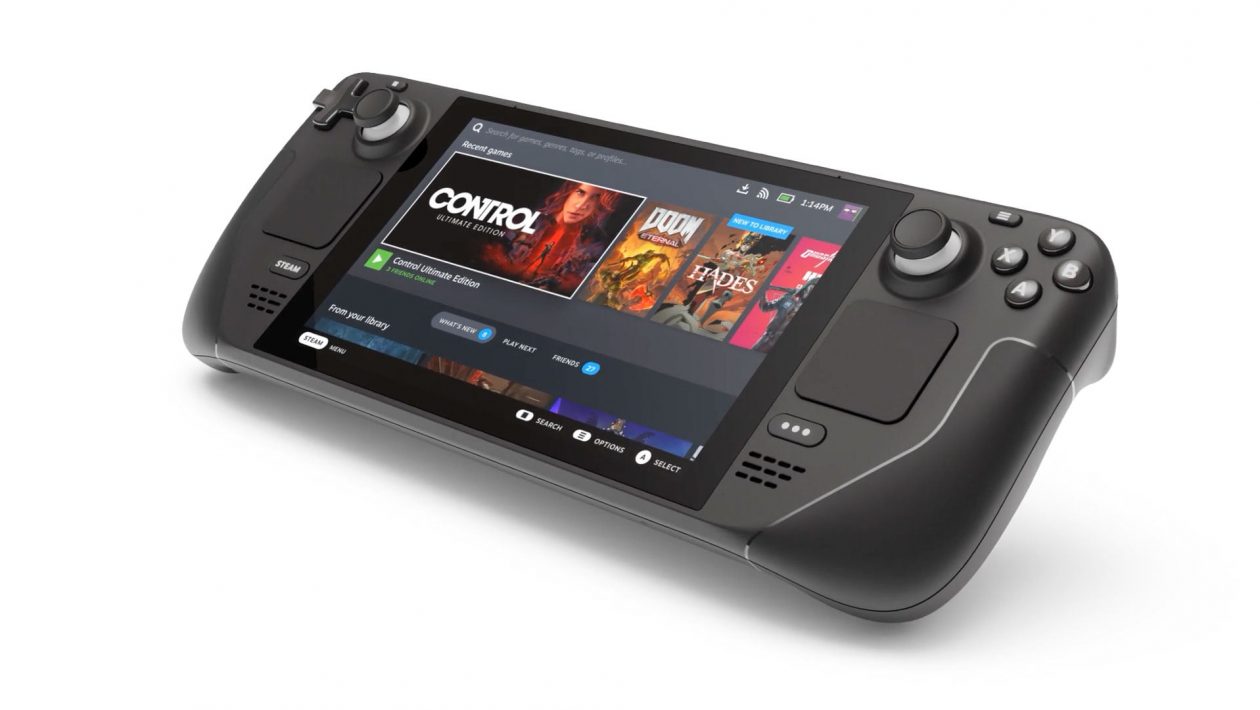All Linux players will benefit from the Steam Deck -apkrig
As Valve announced its Steam Deck handheld computer after a series of speculations, players began to wonder what games would actually run on the SteamOS operating system, or how many there would be. SteamOS is disguised Linux, and although game developers are not hostile to this operating system, simply does not have such support as Windows. However, Valve relies on the Proton layer in this regard, which ensures the compatibility of Windows applications on Linux, and according to the database of supported games, this is not a bad thing at all. However, process optimization is still desirable, and Valve is working directly with AMD on a new ACPI driver that could improve game performance on Linux.
The new ACPI CPUFreq driver is also intended to be useful for gamers who do not plan to purchase Steam Deck, but have written their hearts to Linux.
The information is provided by the technical blog Phoronix, which points to cooperation through the Steam Deck. It will power AMD’s APUs, which include a Zen 2 core and an RDNA 2 graphics chip, so it’s in the best interest of both companies to make it work as well as possible. The new ACPI CPUFreq driver is also intended to be useful for gamers who do not plan to purchase Steam Deck, but have written their hearts to Linux. Simply put, the ACPI driver takes care of the operating system’s access to the computer’s hardware, including the processor necessary for video games to run smoothly. The running Linux distribution will then be able to take full advantage of all the components, which in turn is very important for Steam Deck, which has no distribution power.
We should learn more at the XDC conference in September, with AMD expected to return to the initiative following patches available after the launch of Zen 2 processors two years ago. Since then, however, AMD representatives have always stated that CPUFreq drivers are not the top priority, which may change with the advent of Steam Deck. After all, Valve before popohnali AMD to work on the optimization of graphics cards, respectively. Mesa libraries, which led to better use of Radeon graphics cards on Linux. Therefore, mutual motivation can be expected to benefit non-Windows gaming, and it is likely that in the future, these initiatives will lead to further hardware revisions of Steam Deck, which Gabe Newell also spoke about in IGN talks.



